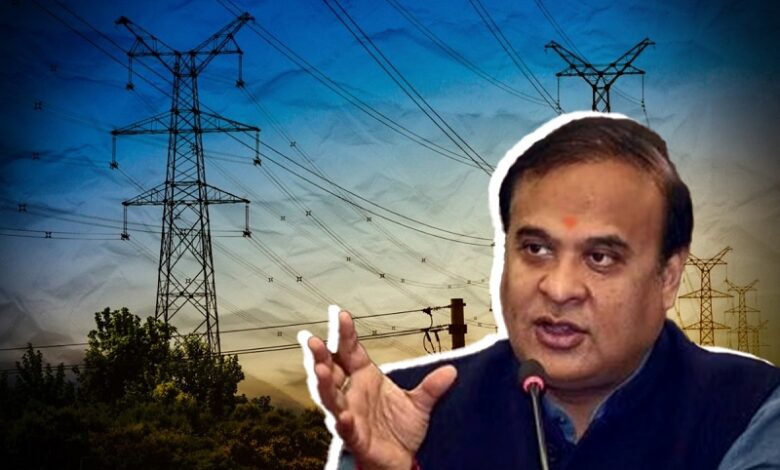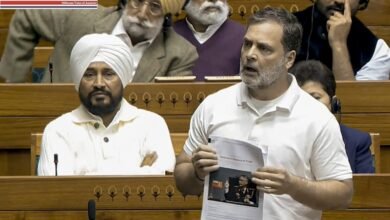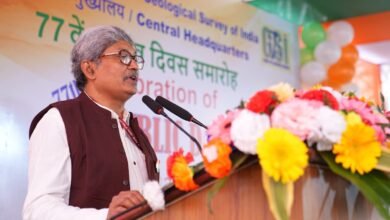Assam Chief Minister Ends VIP Culture of Free Electricity for Government Officials

News Mania Desk/ Agnibeena Ghosh/17th June 2024
Assam Chief Minister Himanta Biswa Sarma announced a significant policy change on Sunday aimed at eliminating the ‘VIP culture’ of government officials receiving free electricity. Starting July, all ministers and government officials, including the Chief Minister and Chief Secretary, will be responsible for paying their own electricity bills.
In a social media post, CM Sarma emphasized that this change begins at the top, with him and the Chief Secretary setting the example by paying their electricity bills from July 1. He stated, “We are ending the VIP Culture rule of paying electricity bills of Government officials using taxpayer money. Beginning July 2024, all public servants will have to pay for their own electricity consumption.”
This policy shift is part of a broader initiative to conserve energy across the state. As part of this effort, automatic disconnections of electricity at 8 PM have already been implemented in 8,000 government offices, except for the Chief Minister’s Secretariat, Home, and Finance Departments. This measure is aimed at reducing overall electricity consumption and promoting energy efficiency.
“Our aim is to gradually move all government establishments to solar power, and we are exploring starting this work with our medical colleges and universities across the state,” the Chief Minister added.
On the same day, CM Sarma inaugurated the Janata Bhawan Solar Project at the state Secretariat Complex, underscoring Assam’s commitment to renewable energy. The project features a 2.5-MW capacity grid-connected solar PV system installed on both rooftops and ground surfaces. This solar project is expected to generate an average of 300,000 units of electricity per month. With a total investment of Rs 12.56 crore, the project’s costs are projected to be recovered within four years, with monthly savings estimated at around Rs 30 lakh.
The successful launch of the solar power project marks a significant milestone, making the Assam Secretariat Complex the first-ever civil secretariat in India to rely entirely on solar-generated electricity for its daily operations. This initiative not only underscores the state’s commitment to renewable energy but also sets a precedent for other government establishments in India to follow.
The move towards solar energy in government establishments is part of a larger strategy to promote sustainable practices and reduce reliance on conventional energy sources. By shifting to solar power, the state aims to lower its carbon footprint and promote environmental conservation.
This initiative by the Assam government aligns with broader national and global trends towards renewable energy and sustainability. As more government buildings and institutions transition to solar power, it sets a positive example for private entities and the general public to adopt similar practices.
CM Sarma’s policy of ending the VIP culture of free electricity for government officials and promoting energy conservation reflects a broader vision of accountability and sustainability. By holding public servants accountable for their energy consumption and investing in renewable energy projects, Assam is taking proactive steps towards a more sustainable and responsible future.
In conclusion, Assam Chief Minister Himanta Biswa Sarma’s announcement marks a significant step in ending the VIP culture of free electricity for government officials. By promoting energy conservation and investing in renewable energy projects like the Janata Bhawan Solar Project, the state is setting a precedent for responsible governance and sustainability. This initiative not only benefits the environment but also promotes a culture of accountability and responsibility among public servants.






